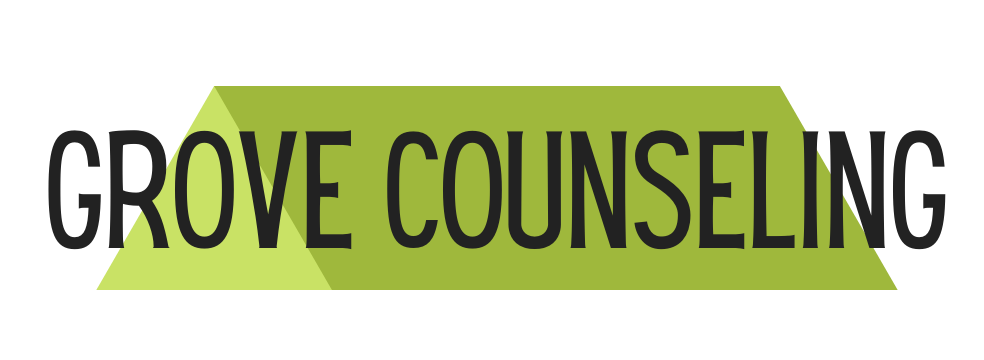here’s what I’ve come to know.
I frequently am asked what my counseling “style” is and while this is a fair question, I find it is subject to change as I learn and grow as a human. For a quick list of what I’m like as a counselor, hop on over to the Meet Kelsi page. From a more clinical standpoint, here’s what I’ve come to know & what informs my approach:
We cannot expect to rid ourselves of (insert any number of diagnoses/symptoms here) and we probably shouldn’t anyways. My approach involves changing your relationship to the things that get in the way of living a life that is aligned in your values as opposed to fighting with or numbing out from them. Anxiety serves a purpose. Depression has a story to tell. Anger helps us set boundaries. This concept is largely derived from a combination of Acceptance and Commitment Therapy and Internal Family Systems.
Our bodies and our minds are inextricably linked and we have to work with both to really know ourselves. Our nervous systems are ancient and have been around as long as we have. Understanding your activators (commonly referred to as triggers) and how to soothe yourself back into regulation is tantamount to being able to manage anything else you’re bringing in with you to work on. Polyvagal Theory outlines this nicely and is something you’ll become more familiar with working with me.
The way we speak to ourselves matters and informs the stories we live our lives based on. Odds are some of the less-than-stellar beliefs you have about yourself began somewhere in your childhood. They were either explicitly or implicitly communicated to you and informed how you move through the world up until now. Working to know the roots of these beliefs and recognizing the ways in which they have functioned (hint: likely to protect you or keep you connected) helps you approach yourself more compassionately. TLDR: shit-talking yourself keeps you stuck & there’s a waaaay better approach. Narrative Therapy and Inner Child Healing inform this part of my working model.
You have a core fear and a core motivation which are huge drivers of your behaviors. To be clear, we have lots of things we are afraid of and lots of things that motivate us. However, the Enneagram Personality Theory sorts us into one of 9 core types, based on your worst fear and most precious hope. While I don’t require my clients to know their type or even anything about the Enneagram, as I’ve integrated it into my practice over the years, I find those who choose to explore their type gain self-awareness quicker, can target their pain points more clearly and create lasting change in themselves and their relationships. I lovingly call it a therapy short cut. And while it’s not void of really effing hard work, it does give us a shared language and a solid base understanding of what we’re working with under the hood.


